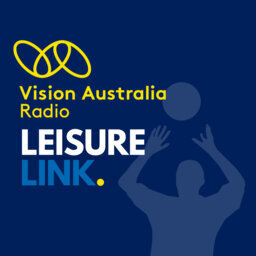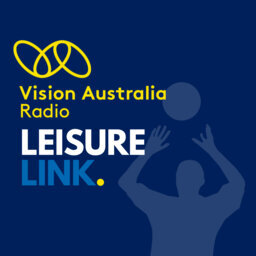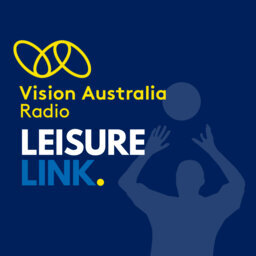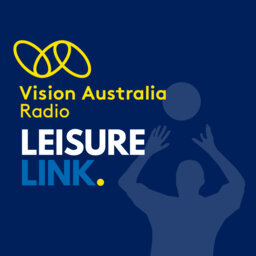03 Aug 2024
This week on LEISURE LINK with Peter Greco:
- Ben Wright, Commonwealth Games Power-Lifting Bronze Medallist is off to Paris.
- Kirsty Kelly, CEO for AITPM, challenged Australian work places to be more accessible and is taking part in the CEO challenge - raising awareness and funds for Sporting Wheelies Qld. Find out more here: https://fundraise.sportingwheelies.org.au/event/wheelchair-challenge-24
- Carmel Shute invited entries into the Liz Navratil best story with a disabled protagonist. Enter here: https://sistersincrime.org.au/the-scarlet-stiletto-awards/
- David Mitchell, health commentator, had tips to help us live better and longer with our brains in better health.
- Belinda Hellyer, from Brewed By Belinda 97A Old Port Road Queenstown, gave us some recipes for including tea in your cooking. You can call Belinda 0419 839 702 or go to: https://brewedbybelinda.com.au/
- Molly O'Brien, Community and Events Specialist from Bedford, shared news on Bedford Clients work in SALA. They will be in four venues including the Central Plaza Rundle Mall, and the Mt. Gambier Library as well as online: https://www.bedfordgroup.com.au/get-involved/sala
- Elena Pindato, from Haleon, talked about research showing how Australians are choosing how to manage pain and had information which you may find helpful. Check out the Haleon pain index: https://www.haleon.com/
- Lindsay Prodea is playing Frankie Valli in Therry's season of "he Jersey Boys" you are invited to come along to the Arts Theatre. Book by calling 8212 5777 or go to: https://therry.org.au/
 Leisure Link on Vision Australia Radio
Leisure Link on Vision Australia Radio


